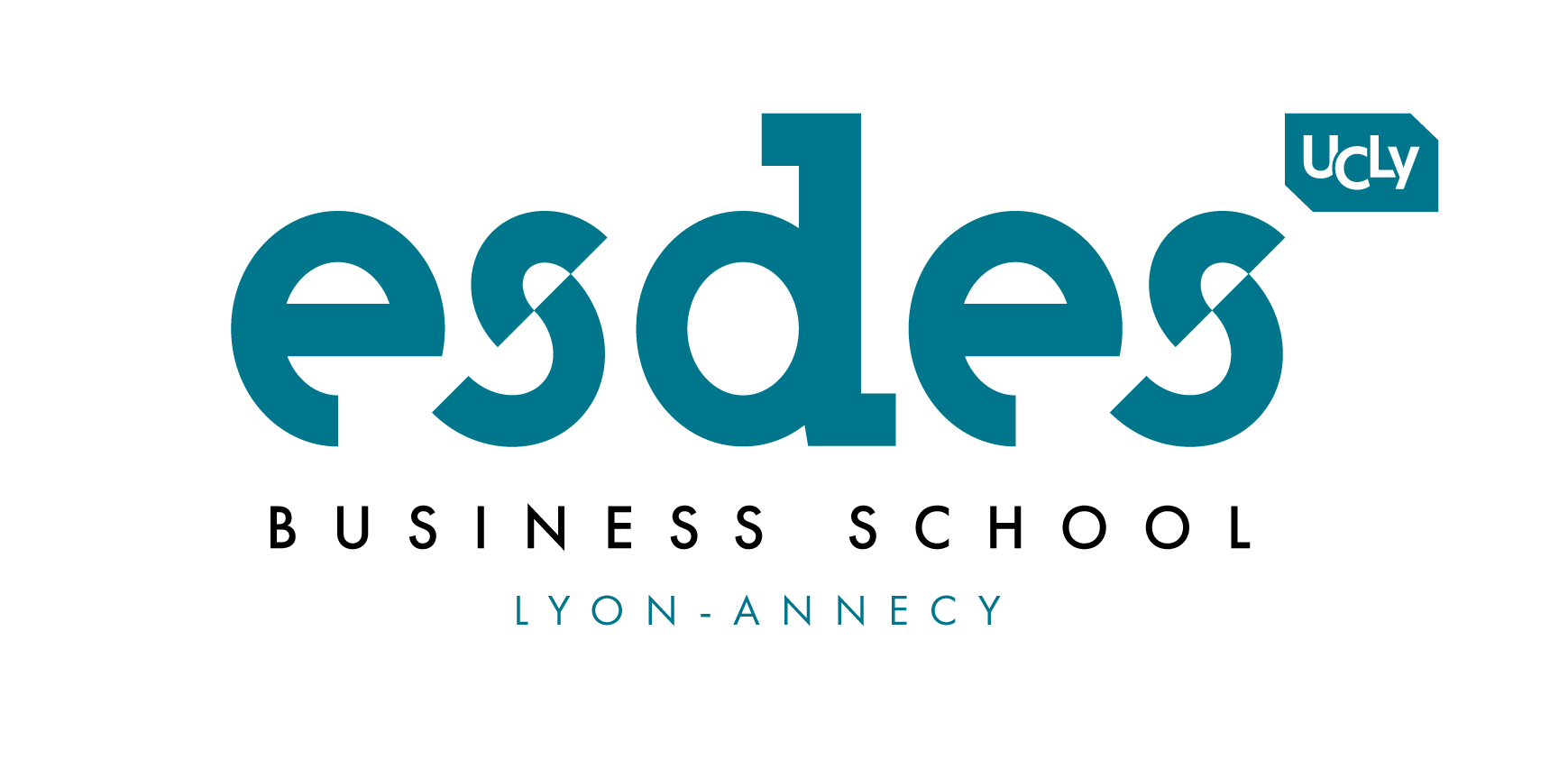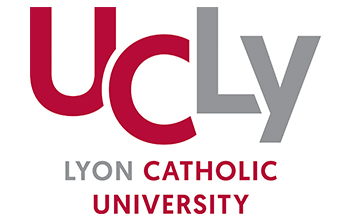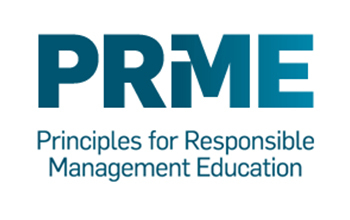- Homepage
- ESDES’s blog
- Orientation
- Cost of studying in a French Business School as an international student
Yulianna Poroshyna
5 min.
14 May 2025
Yulianna Poroshyna is an international student who came to France, at Esdes Business School to study in our Bachelor in Business. She wrote this article.
Studying in France as an international student is an exciting opportunity, but it’s important to plan your budget carefully. From tuition fees to daily living expenses,
understanding the costs involved will help you prepare financially and make smart choices. Here’s an overview of the expenses you should expect, along with some tips (and personal struggles) on how to survive without going broke.
Tuition fees and administrative costs
The first major cost is tuition. Business schools in France typically charge higher fees than public universities. Here’s what you can expect:
Tuition Fees: Business school fees can range from €8,000 to €20,000 per year, depending on the program and institution. Esdes Business School, for example, has tuition fees that align with this range. But why Esdes? Because beyond the cost, it offers a great balance of academic excellence, strong student support, and real career opportunities through partnerships with companies.
Application Fees
Some schools require an application fee, which can be around €100 to €200 (yes, you even have to pay before they say no!).
Student Visa Fee
If you are a non-EU student, you’ll need a long-stay student visa
(VLS-TS), which costs about €99.
OFII Validation
Once in France, you must validate your visa, which can involve
additional administrative fees (because French bureaucracy loves paperwork!).
Travel costs: getting to France
Plane ticket
The price of a plane ticket depends on your country of departure, the time of year, and how early you book.
Average flight ticket: Expect to pay between €300 and €1,000 for a one-way ticket.
Luggage Fees
Many airlines charge extra for checked baggage, so check before booking (trust me, I heard this from the hard way when my friend's extra suitcase cost more than his ticket!).
Airport Transfers
Once in France, getting from the airport to your accommodation will cost around €10 to €50, depending on the city and transport option.
Housing costs: renting an apartment or student residence
Accommodation is one of the biggest expenses, but there are several options:
Student Residences (CROUS or Private): Rent is usually between €250 and €600 per
month.
- Private Apartments: A small studio in Lyon, for example, can cost between €500 and €800 per month.
- Shared Accommodation: Renting a room in a shared apartment can be a cheaper option, costing €350 to €600 per month.
- Housing Assistance (CAF): International students can apply for CAF (Caisse d’Allocations Familiales), which can reduce rent by €100 to €200 per month.
Personal Tip: If you don’t want to spend your entire budget on rent, consider living a bit outside the city center. You’ll get more space for less money and still be well-connected by public transport! Plus, Esdes has great partnerships to help students find affordable housing, so you won’t be left searching on random Facebook groups.
Daily living expenses: food, transport, and activities
Food costs:
- Cooking at home costs around €150 to €250 per month.
- Eating at university restaurants (CROUS) is a great budget option, with meals costing only €3.30 (probably the best deal you’ll find in France!).
- Eating out in restaurants can range from €10 to €30 per meal.
Transport costs:
- Public transport passes vary by city. In Lyon, the TCL student pass costs €25 per month (way cheaper than Uber!).
- Biking is a cheap option, with Vélo’v bikes available for students at low prices (bonus: free exercise!).
Entertainment and social life:
- Gym memberships cost around €20 to €40 per month.
- Cinema tickets for students are around €7 to €10.
- Weekend trips within France can cost €50 to €200, depending on transport and accommodation.
Survival Tip: Take advantage of student discounts everywhere. Museums, cinemas, and even some shops offer discounts—just flash your student card and save those euros!
Another reason why I chose Esdes? They provide a lot of student association activities and events, meaning I can enjoy student life without spending too much.
Additional expenses: health insurance and banking
- Use CROUS Restaurants: Enjoy budget-friendly meals (and meet fellow struggling students!).
- Get a Student Transport Card: Discounts on public transport can save you a lot.
- Look for Student Discounts: Museums, cinemas, and shops often offer special prices.
- Join Student Associations: Many offer free or low-cost events and trips.
- Consider a Part-Time Job: International students can work up to 964 hours per year in France.
- Split Costs: If you can, share groceries and cooking duties with roommates—it’s cheaper and more fun











